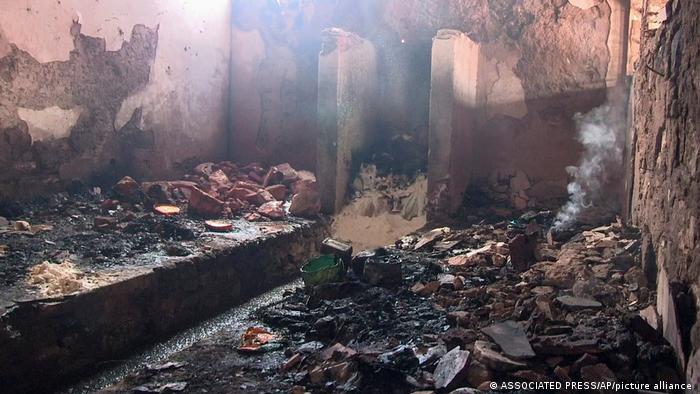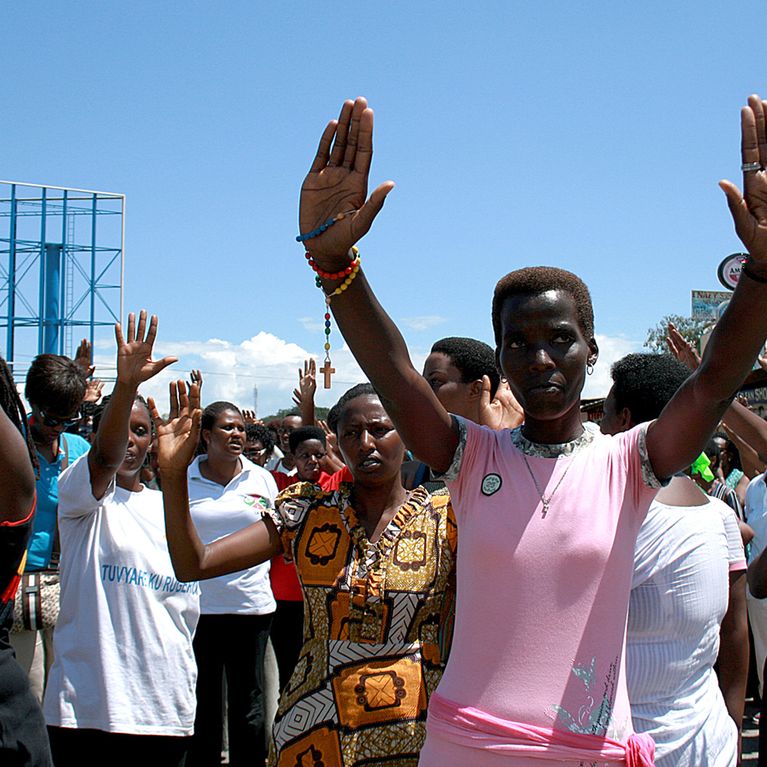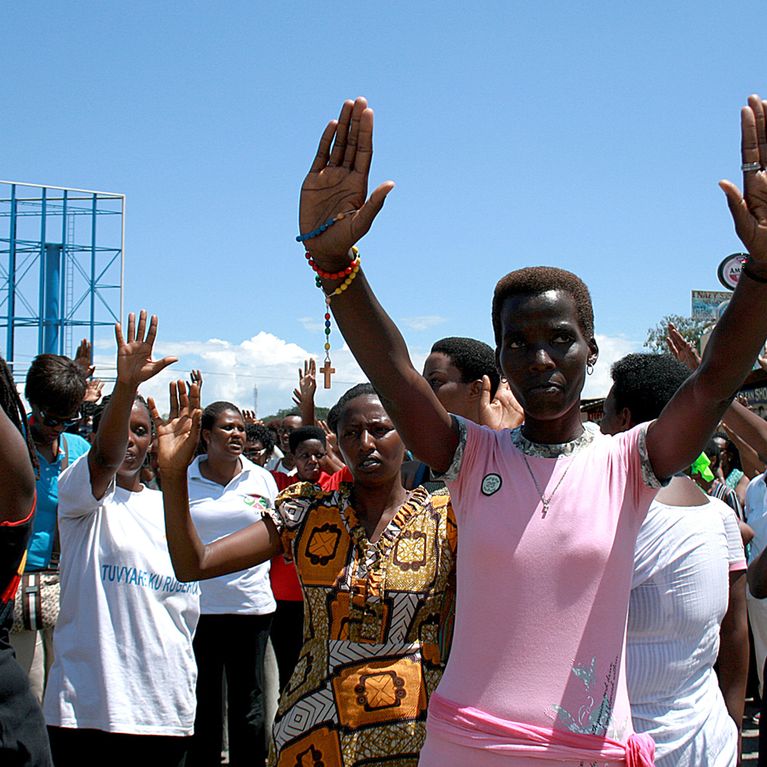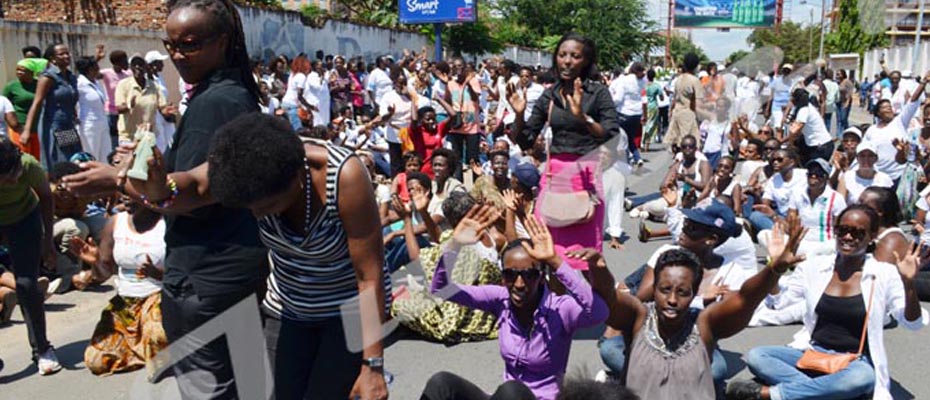
Gitega prison
In 1963, James Baldwin’s The Fire Next Time was published. At that time, Baldwin wrote, “There is a limit to the number of people any government can put in prison, and a rigid limit indeed to the practicality of such a course. A bill is coming in that I fear America is not prepared to pay.” A bill is coming in. A year earlier, in 1962, Burundi declared its independence from Belgium as well as its separation from Rwanda. This morning, at 4 o’clock, the Central Prison of Gitega, located in Burundi’s political capital, Gitega, `experienced’ an electrical short circuit which started a fire which, as of now, killed at least 38 and injured at least 69. That was no accident; that was a massacre, preordained and inevitable.
The Gitega prison, built by Belgians in 1926, is supposed to house a maximum of 400 people. At the time of the fire, according to the most recent count, there were 1539 `residents’. A building crowded to that extent, pandemic or no, is a death sentence. None of this is new or unexpected
Here are the numbers for the Burundian prison system, all from October 31. The prison system consists of 11 prisons and two juvenile facilities. The prison population was 12,749. The prison system’s official capacity was 4,194. At 297.5% of capacity, the entire system is a catastrophe, a fire, waiting, destined, to happen. Of that population, 50%, 6,245, were remand prisoners, people awaiting trial.
Since 2002, the number of women prisoners has risen every year. In 2002, 216 women were incarcerated. That made up 2.5% of the total prison population. In 2002, for every 100,000 Burundians, three women were behind bars. In 2021, 836 women were incarcerated, and they were lodged at the Gitega prison. This year, women comprised 6.7% of the Burundian prison population. This year, for every 100,000 Burundians, six women were incarcerated. Where are the women? Increasingly in prison.
Prior to the arrival of the Europeans, Burundi did not have confinement as a form of punishment or justice. The Germans brought prisons in the late 19th century, and the Belgians expanded on that, increasing the number of detained individuals by essentially criminalizing the native populations. Every year, more and more people were incarcerated, some having been convicted, others for administrative purposes. All were `native’ and therefore guilty. This was the system that built Gitega in 1926. Gitega was `the new prison’. Prisoners were separated by race, gender and social status: four dormitories were reserved for indigènes, including one for women; one dormitory for chiefs; four cells for European or Asian prisoners. The prison immediately exceeded capacity, and so was enlarged. It exceeded capacity again, and so was enlarged again. Finally, in 1947, it was expanded to its current size, capacity 400. Gitega has been fatally overcrowded ever since.
According to historian Christine Deslaurier, Burundian prison history has moved from “a mode of punishment to … trivialisation.” At the beginning of this century, the Burundian prison system celebrated its centenary “with the greatest indifference.” Today, that trivialization, that indifference, exploded in flames, and left scores of dead and maimed behind. A bill is coming in, is anyone prepared to pay?
(By Dan Moshenberg)
(Photo Credit: DW / AP)




